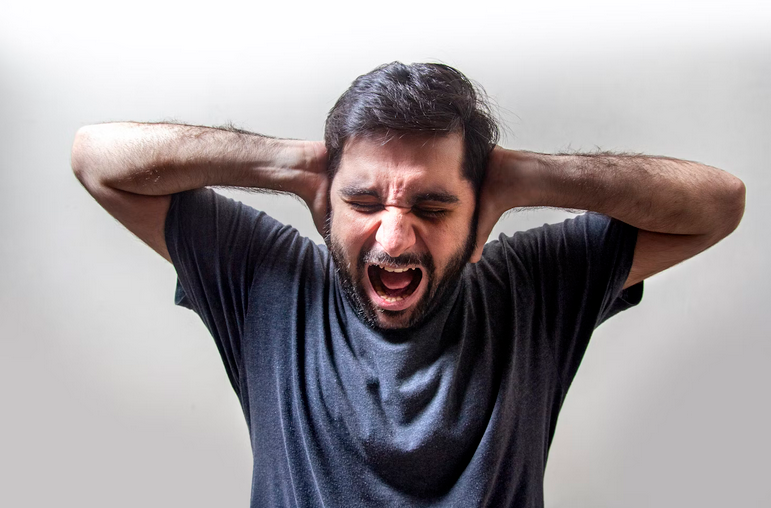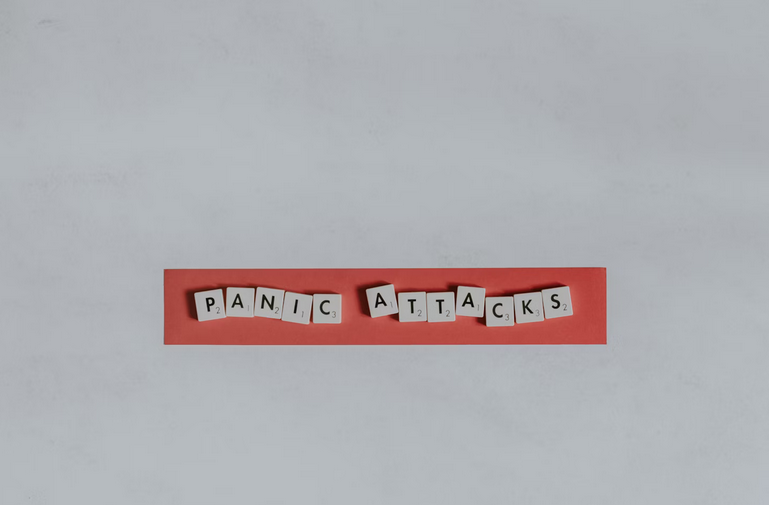Managing Panic Attacks: Understanding Triggers and Effective Coping Strategies
Panic attacks can be overwhelming and frightening experiences that impact many individuals. Understanding the triggers and developing effective coping strategies are crucial steps in managing panic attacks and regaining a sense of control. In this article, we’ll explore the causes of panic attacks, common triggers, and practical coping techniques to help individuals navigate through these challenging episodes.
Understanding Panic Attacks

A panic attack is a sudden onset of intense fear or discomfort that peaks within minutes. It is often accompanied by physical symptoms such as rapid heartbeat, chest pain, sweating, trembling, shortness of breath, dizziness, and feelings of impending doom or loss of control. While the exact causes of panic attacks are not fully understood, they can be triggered by various factors, including:
- Stress and Anxiety: High levels of stress and anxiety can contribute to the onset of panic attacks. Stressful life events, work pressures, relationship issues, financial concerns, and academic stress are common triggers.
- Trauma and PTSD: Past traumatic experiences, such as accidents, abuse, violence, or natural disasters, can lead to panic attacks, especially for individuals with post-traumatic stress disorder (PTSD).
- Phobias and Fears: Specific phobias, such as fear of flying, heights, enclosed spaces, or social situations (social anxiety disorder), can trigger panic attacks when confronted with the feared object or situation.
- Medical Conditions: Certain medical conditions, such as thyroid disorders, heart conditions, respiratory problems, and neurological disorders, can mimic symptoms of panic attacks or contribute to their occurrence.
- Substance Use: Alcohol, caffeine, nicotine, and recreational drugs can exacerbate anxiety and trigger panic attacks, particularly in susceptible individuals.
Effective Coping Strategies for Panic Attacks
While panic attacks can be distressing, there are effective coping strategies to help manage symptoms and reduce the frequency and intensity of episodes. Here are practical tips for coping with panic attacks:
Deep Breathing and Relaxation Techniques
Practice deep breathing exercises, such as diaphragmatic breathing or abdominal breathing, to calm your mind and body during a panic attack. Focus on slow, deep breaths and exhale slowly to release tension and promote relaxation. Incorporate relaxation techniques like progressive muscle relaxation, meditation, mindfulness, or guided imagery to reduce anxiety and stress.
Identify and Challenge Negative Thoughts
Recognize and challenge negative thoughts and catastrophic thinking patterns that contribute to panic attacks. Use cognitive-behavioral techniques, such as cognitive restructuring, to replace irrational beliefs with rational and balanced thoughts. Practice positive self-talk and affirmations to build resilience and confidence in coping with anxiety.
Grounding Techniques

Use grounding techniques to stay present and connected to reality during a panic attack. Focus on your immediate surroundings by observing objects, textures, colors, and sounds. Engage your senses by touching, smelling, or tasting something pleasant or comforting. Use grounding exercises like counting backward, naming objects in the room, or practicing mindful breathing to anchor yourself in the present moment.
Progressive Exposure and Desensitization
Gradually expose yourself to feared situations or triggers in a controlled and systematic manner. Use progressive exposure techniques to desensitize yourself to anxiety-provoking stimuli, starting with less anxiety-inducing situations and gradually progressing to more challenging ones.
Seek Professional Support
If panic attacks persist or significantly impact your daily life, seek professional help from a mental health professional, counselor, therapist, or psychiatrist. Therapy modalities such as cognitive-behavioral therapy (CBT), exposure therapy, mindfulness-based therapy, and medication (if prescribed) can be effective in managing panic attacks and anxiety disorders.
Managing panic attacks involves understanding triggers, developing effective coping strategies, and seeking support when needed. By identifying stressors, practicing relaxation techniques, challenging negative thoughts, using grounding exercises, gradually exposing yourself to fears, making lifestyle modifications, and seeking professional guidance, you can gain control over panic attacks and improve your overall well-being. Remember that it’s okay to ask for help and that effective treatment and support are available to help you navigate through challenging times.
…

